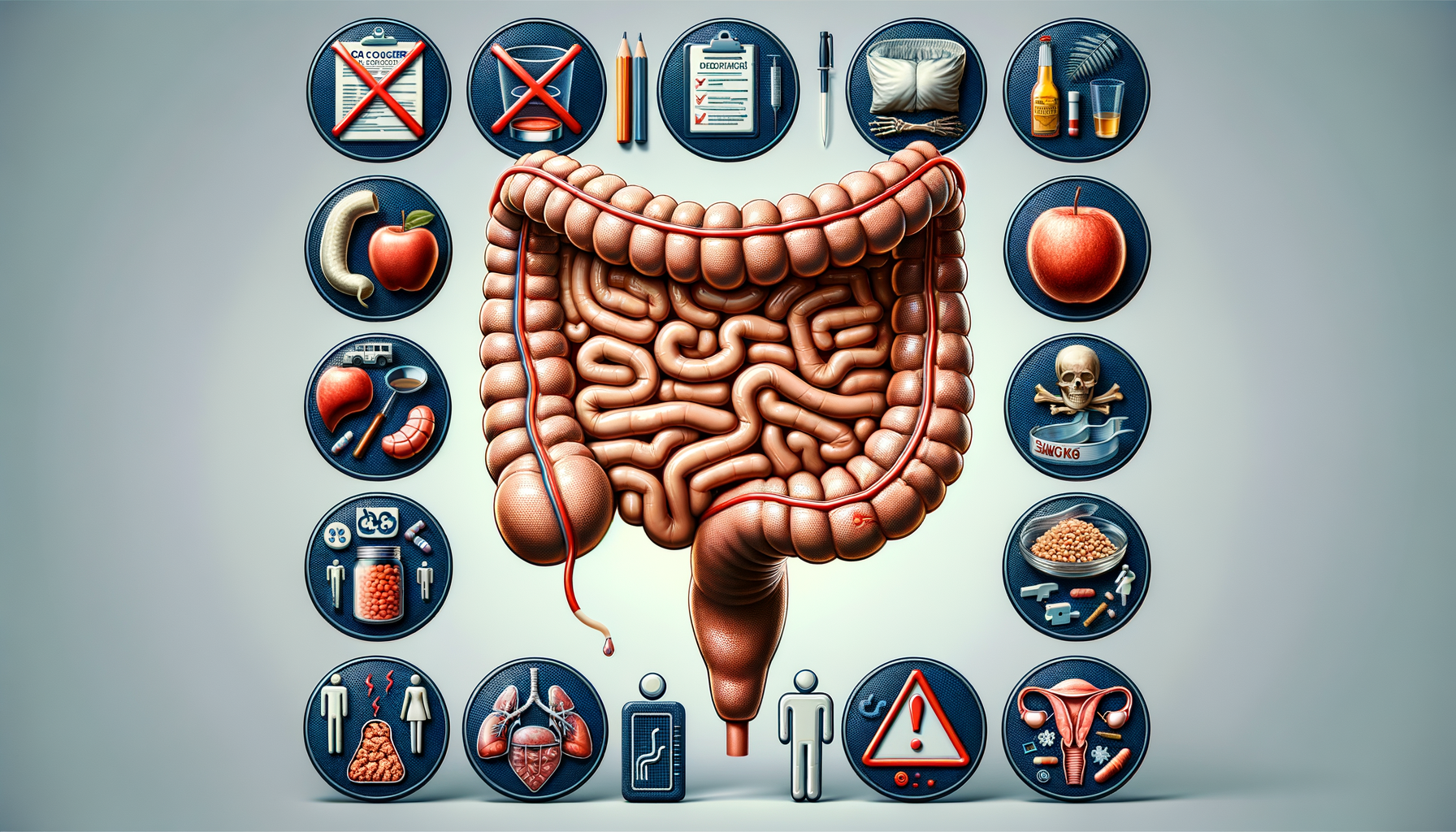
Recognizing Warning Signs of Colon Cancer
Understanding the Importance of Early Detection
Colon cancer is a significant health concern worldwide, ranking among the leading causes of cancer-related deaths. The importance of early detection cannot be overstated, as it greatly influences the prognosis and treatment outcomes. When detected early, colon cancer is often more manageable and can be treated successfully, which underscores the need for awareness about its warning signs.
Early detection is not only about recognizing symptoms but also about understanding risk factors. These include age, family history, certain genetic conditions, and lifestyle factors such as diet and smoking. Regular screenings, particularly for those over 50 or with a family history of the disease, are crucial in catching the disease in its nascent stages. The role of screenings is pivotal, as they can identify precancerous polyps, enabling their removal before they develop into cancer.
Moreover, public health campaigns and educational programs play a vital role in spreading awareness. By educating people about the symptoms and promoting regular screenings, these initiatives help reduce the incidence and mortality rates associated with colon cancer.
Changes in Bowel Habits: A Key Indicator
One of the most noticeable early warning signs of colon cancer is a change in bowel habits. This can manifest as diarrhea, constipation, or a change in the consistency of stool that lasts more than a few days. While these symptoms can be attributed to less severe conditions like dietary changes or stress, persistent changes warrant medical attention.
Understanding what constitutes a significant change is crucial. For instance, if someone who regularly has a bowel movement every day suddenly experiences constipation lasting several days, it could be indicative of an underlying issue. Similarly, frequent diarrhea or a sudden shift in stool consistency can signal a problem.
It’s important to note that these symptoms alone do not confirm the presence of colon cancer, but they are a signal that something may be amiss. Consulting a healthcare provider for a thorough evaluation is recommended if these changes persist. Early consultation can lead to early diagnosis, which is key to effective treatment.
Recognizing Blood in the Stool
Blood in the stool is another warning sign that should not be ignored. It can appear as bright red blood or darker, tarry stools, indicating bleeding somewhere in the gastrointestinal tract. While blood in the stool can result from conditions like hemorrhoids or anal fissures, it is crucial to rule out colon cancer as a potential cause.
Noticing blood in the stool can be alarming, but it serves as an important cue to seek medical advice. Diagnostic procedures such as colonoscopies can help determine the source of the bleeding. During a colonoscopy, a doctor can inspect the colon’s interior for polyps or cancerous growths and take biopsies if needed.
In some cases, blood in the stool might be microscopic and not visible to the naked eye. This is why regular screenings, including fecal occult blood tests, are recommended as part of routine check-ups for those at risk. These tests can detect hidden blood, prompting further investigation and early intervention.
Unexplained Weight Loss: A Subtle Signal
Unexplained weight loss is a symptom that can be associated with several types of cancer, including colon cancer. Losing weight without trying, especially if it is significant, can be a red flag. This symptom often occurs because cancer cells consume a lot of the body’s energy or because the immune system is working hard to fight the disease.
Weight loss in colon cancer might also be linked to changes in metabolism or the presence of a tumor that affects the digestive process. Patients might notice a decrease in appetite or feel full quickly after eating small amounts of food, contributing to weight loss.
While weight loss can result from various conditions, it is essential to consider it in conjunction with other symptoms like changes in bowel habits or blood in the stool. If unexplained weight loss is observed, it is advisable to consult a healthcare provider to explore the cause and determine if further tests are necessary.
Fatigue and Weakness: Often Overlooked
Fatigue and weakness are symptoms that are often overlooked or attributed to lifestyle factors such as stress or lack of sleep. However, when these symptoms persist and are not relieved by rest, they could indicate an underlying health issue, including colon cancer.
In the context of colon cancer, fatigue often results from anemia, which occurs when a tumor bleeds and causes a decrease in red blood cells. This bleeding might not be visible in the stool but can lead to significant blood loss over time. Anemia can cause extreme tiredness, weakness, and pale skin, even in the absence of other symptoms.
Identifying the cause of fatigue is crucial, as it can lead to early diagnosis and treatment. If fatigue is accompanied by other symptoms such as changes in bowel habits or weight loss, it is important to seek medical advice. A healthcare provider can perform blood tests to check for anemia and recommend further investigations if necessary.


